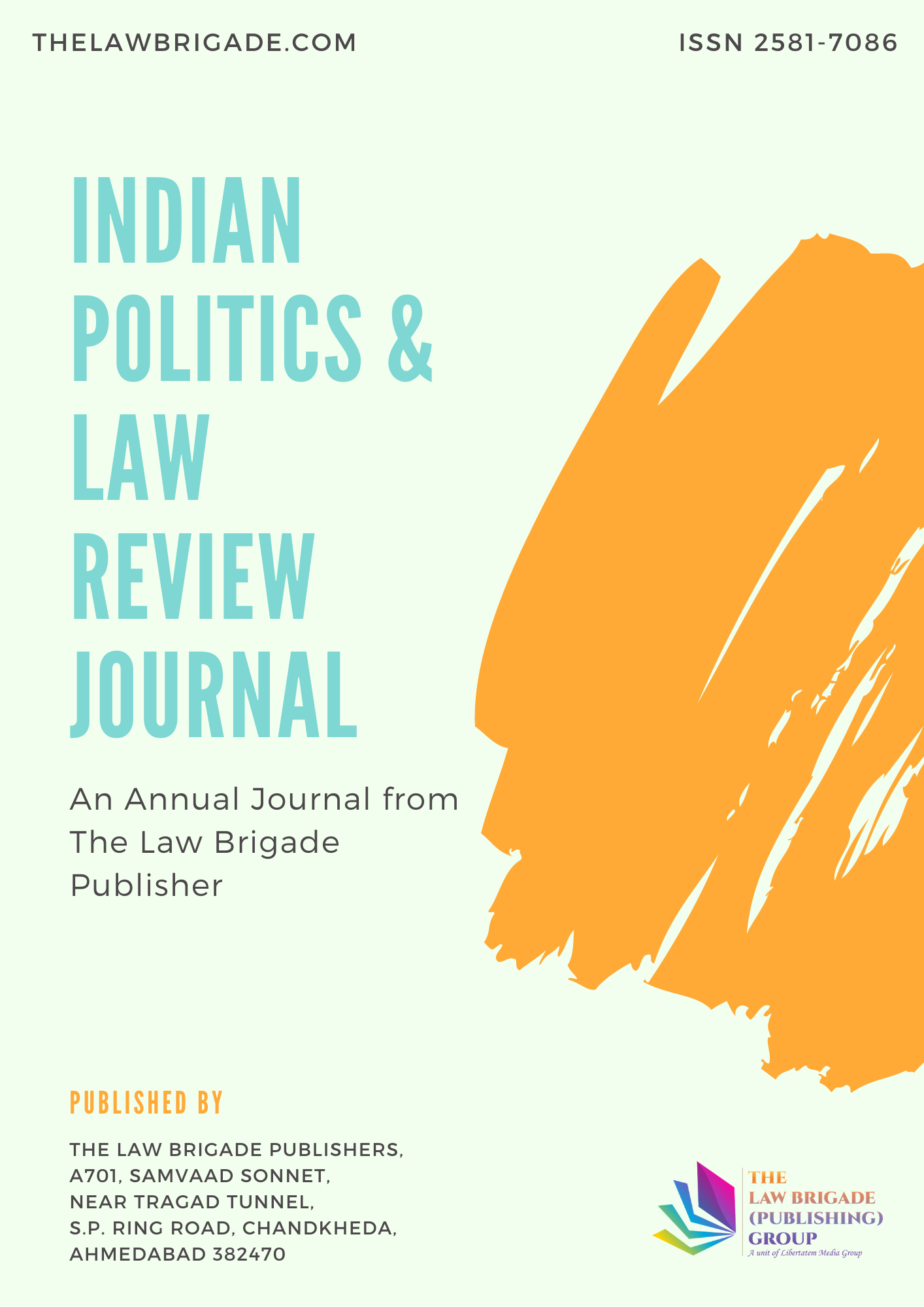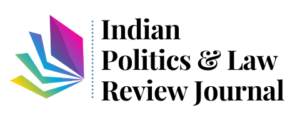National integrity and sovereignty is the reputation and dignity of a country on the global scale. The threats to such dignity are dealt with great force and power by the countries. India, from the inception made several statutes in order to deal with any issue that may cause threat to its peace and harmony. The journey started with the Preventive Detention Act in the 1950s, added Acts like UAPA, NSA, NIA, TADA (now repealed), POTA (now repealed), etc. But it is the duty of the state to make sure that while drafting such legislations it is not misusing the public trust by enabling itself to exercise such powers which are against the rights of the individuals. In the paper, the author attempts to analyse the constitutionality of Article 35 of the UAPA as it stands after the amendment of 2019. There have been many questions and allegations regarding its constitutionality and overall working. The author aims to analyse the provision in accordance with the judicial precedents and the internationally accepted principles of the fair trial mechanism.
Analysis of Section 35 & 36 of the UAPA after the 2019 Amendment
Publication Information
Journal Title: Indian Politics & Law Review
Author(s): Anmol Goyal
Published On: 20/03/2023
Volume: 8
First Page: 42
Last Page: 56
ISSN: 2581-7086
Publisher: The Law Brigade Publisher
DOI: https://doi.org/10.55662/IPLR.2023.801
Cite this Article
Anmol Goyal , Analysis of Section 35 & 36 of the UAPA after the 2019 Amendment , Volume 8, Indian Politics & Law Review, 42-56, Published on 20/03/2023, https://doi.org/10.55662/IPLR.2023.801 Available at https://iplr.thelawbrigade.com/article/analysis-of-section-35-36-of-the-uapa-after-the-2019-amendment/
Abstract
Keywords: Liberty, Individual, Arbitrary.
Share this research
Latest Publications
April 10, 2024

Submissions Open!
Authors are invited to submit their research paper in the journal. Please click the Submit Button below to proceed.
Notice




